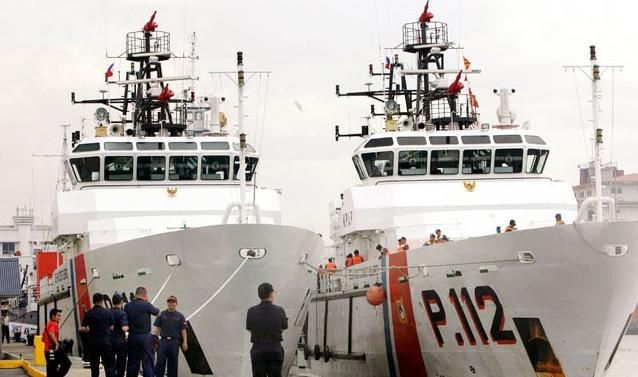
An Indonesian lawmaker has admitted that Indonesia is in great need of bolstering their control over maritime borders.
Tubagus Hasanuddin, the deputy chairman of House Commission I for politics, defense and foreign affairs, expressed concerns that Indonesia’s maritime borders are rather porous.
The issue was highlighted when a sought-after fugitive, Neneg Sri Wahyuni was recently arrested in the country– she had allegedly entered Indonesia by boat after being on the run for nearly a year and was only arrested when she tried to return to her home in Jakarta.
Maritime security is particularly difficult for Indonesia, the world’s largest archipelago nation. With so many tiny islands, it can be very difficult to police waters for illegal fishing, mining and logging, or for drug trafficking, human trafficking and piracy.
Hasanuddin pointed out that because of Indonesia’s 3.1 million square kilometers of ocean territory, maritime management should be a top area for improvement for the country.
At the moment, 13 organizations within the Indonesian government are tasked with securing the ocean, coastline and maritime borders. These institutions include The Navy, the Police, the Attorney General’s office, the National Search and Rescue Agency, the Indonesian Maritime Security Coordinating Board, and the National Intelligence Agency.
One of Hasanuddin’s main points is that the government needs to take a long look at how these various agencies interact with each other, with a focus on increasing their coordination and cooperation. If the duties of law enforcement are more clearly distributed, there will be no questions about jurisdiction or the role of an individual organization in the maritime security effort.
Currently, there is no coordinating or overseeing agency to provide guidance to maritime security operations. Hasanuddin asserted that there needs to be a standard for maritime security, and that establishment of an Indonesian Coast Guard may be necessary to safeguard Indonesia’s sovereignty.